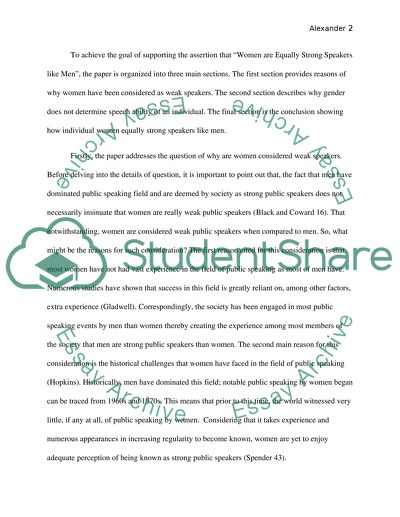Cite this document
(“Discourse Competence; How to Theorize Strong Women Speakers Research Paper”, n.d.)
Retrieved from https://studentshare.org/literature/1448448-discourse-competence-how-to-theorize-strong-women
Retrieved from https://studentshare.org/literature/1448448-discourse-competence-how-to-theorize-strong-women
(Discourse Competence; How to Theorize Strong Women Speakers Research Paper)
https://studentshare.org/literature/1448448-discourse-competence-how-to-theorize-strong-women.
https://studentshare.org/literature/1448448-discourse-competence-how-to-theorize-strong-women.
“Discourse Competence; How to Theorize Strong Women Speakers Research Paper”, n.d. https://studentshare.org/literature/1448448-discourse-competence-how-to-theorize-strong-women.


